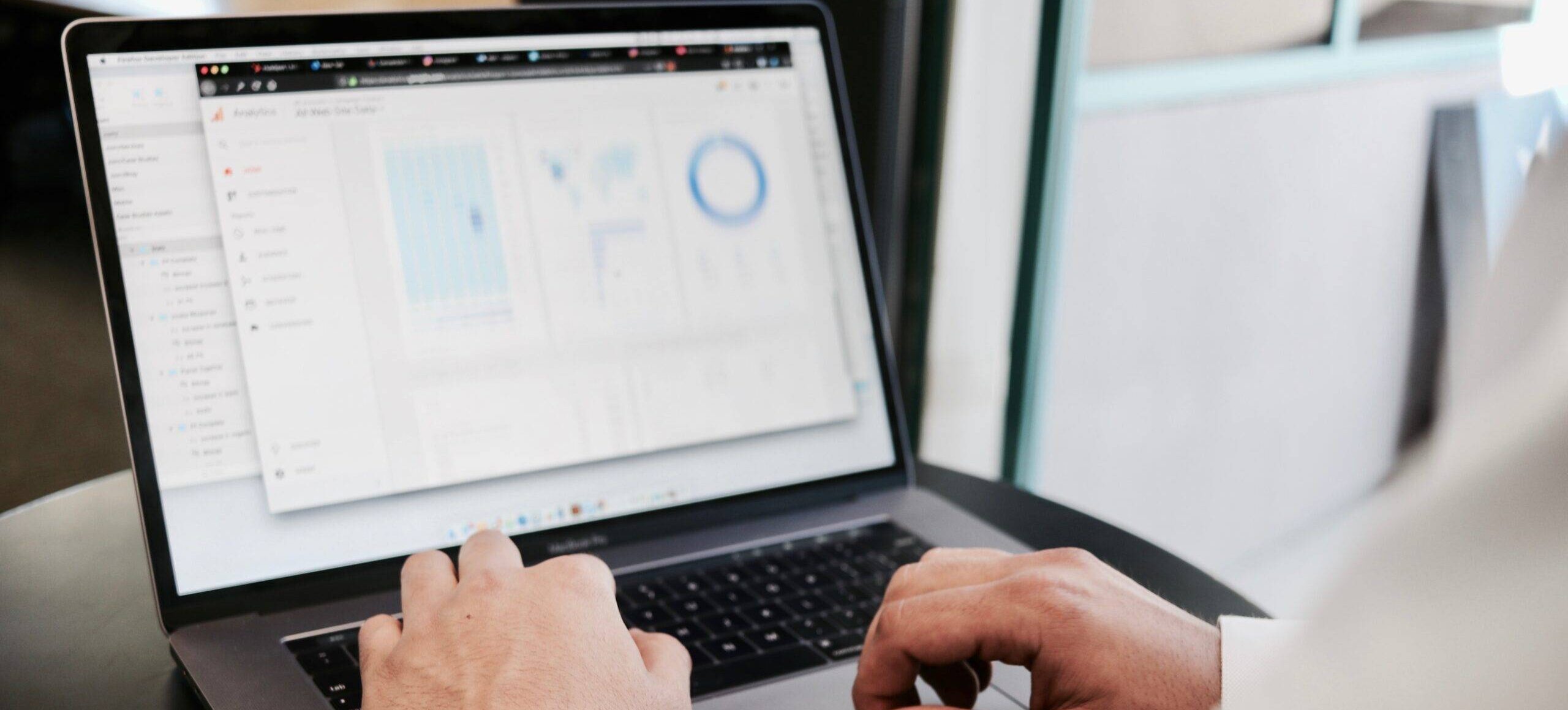For a limited period companies are able to benefit from two additional first-year capital allowances – the super-deduction providing immediate relief for 130% of the qualifying expenditure and a 50% first-year allowance. However, time is running out to take advantage of these allowances.
Key dates
The super-deduction and the 50% first-year allowance are only available in respect of qualifying expenditure incurred by companies in the period from 1 April 2021 to 31 March 2023. Companies who wish to take advantage of the enhanced deduction offered by the super-deduction must incur the expenditure on or before 31 March 2023.
This note explains the nature of the super-deduction and when claiming it is worthwhile.
Nature of the super-deduction
The super-deduction is an enhanced first-year capital allowance that is available only to companies. It provides a deduction of 130% of the qualifying expenditure in the accounting period in which the expenditure is incurred. This means that where claimed, every £100 of qualifying expenditure will reduce taxable profits by £130. The effect of this is that every £100 invested by a company in qualifying expenditure will reduce the company’s tax bill by £24.70 (100 x 130% x 19%).
When the asset is sold, a balancing charge will apply, calculated by reference to the disposal proceeds.
Qualifying expenditure
The super-deduction is available for expenditure that would otherwise benefit from a writing down allowance at the main rate of 18%. As with the annual investment allowance, expenditure on cars does not qualify for the super-deduction. To benefit, the expenditure must be incurred on or before 31 March 2023.
50% first-year allowance
The super-deduction is not available for qualifying expenditure that would otherwise qualify for writing down allowances at the special rate of 6%. This applies to items such as integral features, long-life assets, solar panels and thermal insulation. Instead, companies can benefit from a 50% first-year allowance where the expenditure is incurred in the period 1 April 2021 to 31 March 2023.
As the rate of this first-year allowance is less than the 100% deduction given by the annual investment allowance (AIA), it is only likely to be beneficial where the AIA limit of £1 million has been used up. Again, qualifying expenditure must be incurred no later than 31 March 2023 to benefit from the 50% first-year allowance.
Claims
Capital allowance claims are optional, and claims can tailored. A claim for the super-deduction does not have to be made for the full amount of the expenditure if this is not beneficial; it is permissible to claim the super-deduction for part of the expenditure and writing-down allowances for the balance. This may be preferable if the intention is to sell the asset in a few years to reduce the balancing charge on disposal.
Companies claiming the super-deduction should make the claim in their company tax return.
Is a claim worthwhile
Where expenditure has already been incurred, a claim for the super-deduction is likely to be beneficial as it will deliver an enhanced deduction for the expenditure, reducing the company’s tax bill in the process.
However, if a company is planning significant investment and is considering incurring the expenditure before 31 March 2023 to benefit from the super-deduction, they also need to consider the impact of the corporation tax reforms that come into effect from 1 April 2023.
If the company has profits in excess of £250,000, from 1 April 2023, they will pay corporation tax at a rate of 25%. Where this is the case, if they claim the AIA, for every £100 of qualifying expenditure incurred on or after 1 April 2025, they will save tax of £25 (£100 @ 25%). This is slightly more than the tax saving of £24.70 for every £100 of qualifying expenditure incurred prior to 1 April 2023 in respect of which the super-deduction is claimed.
Where a company’s effective corporation tax rate will be less than 24.7% from 1 April 2023, incurring the qualifying expenditure before 1 April 2023 and claiming the super-deduction will give the best result. Where their effective rate will be higher than this, they will save more tax if they incur the expenditure on or after 1 April 2023 and claim the AIA (provided the available AIA limit is sufficient to cover the full amount of the expenditure).
What next?
If you would like to speak to a member of our team regarding anything contained in this insight please contact us.




